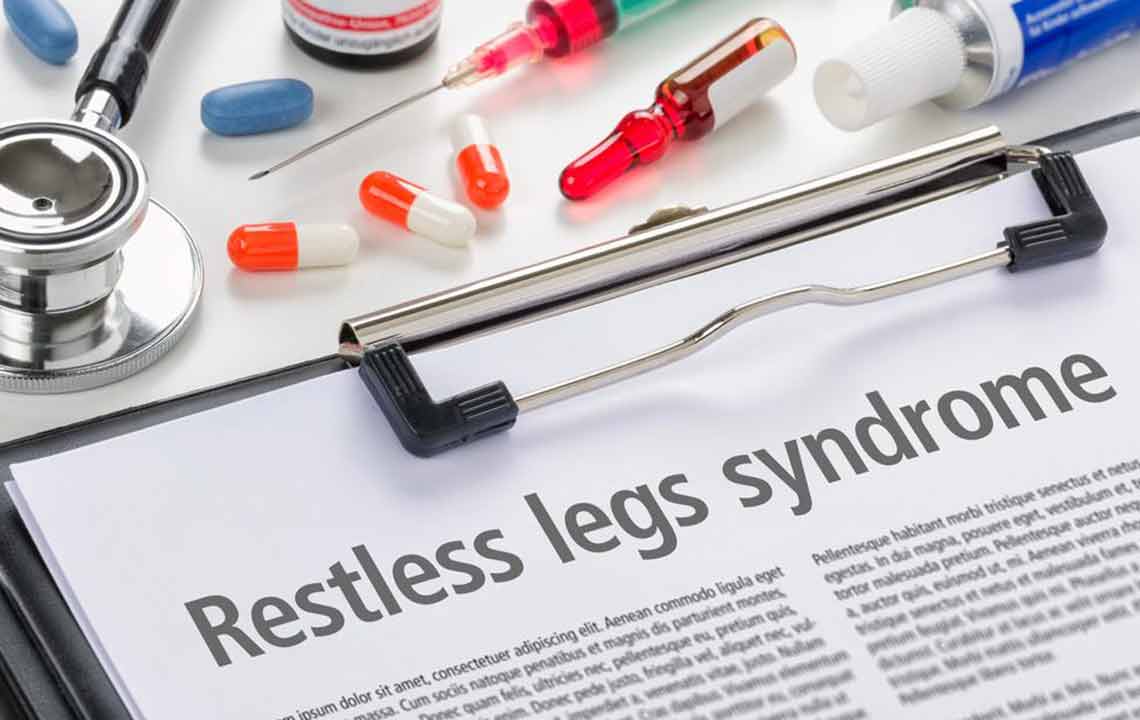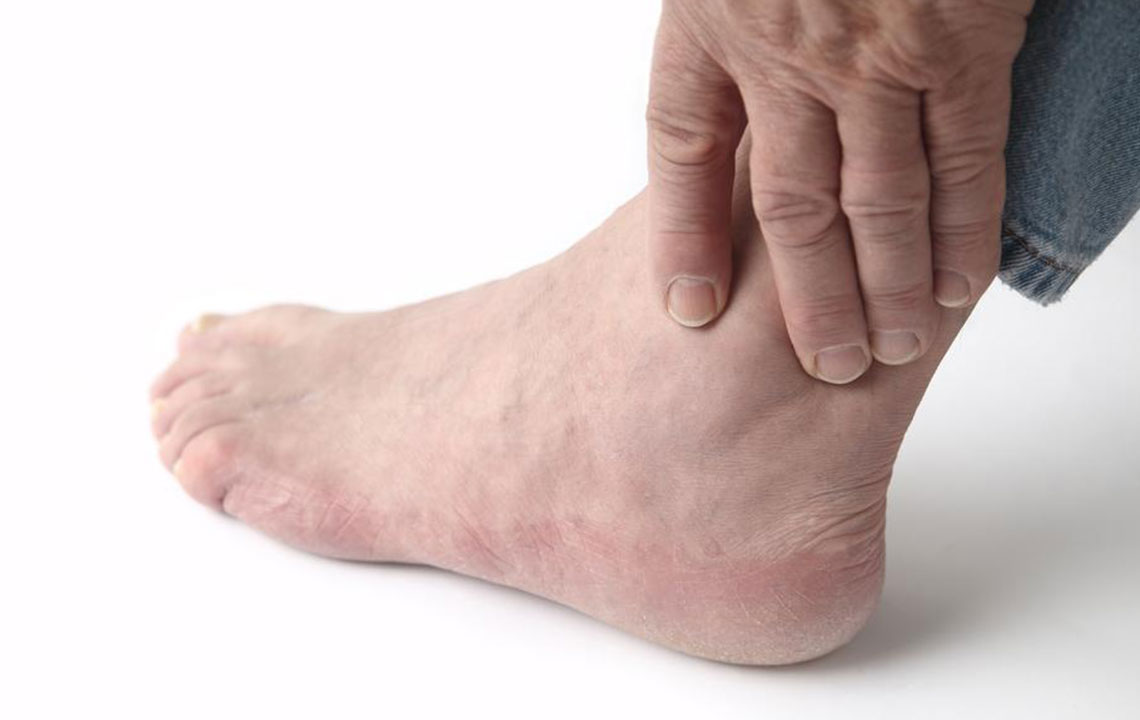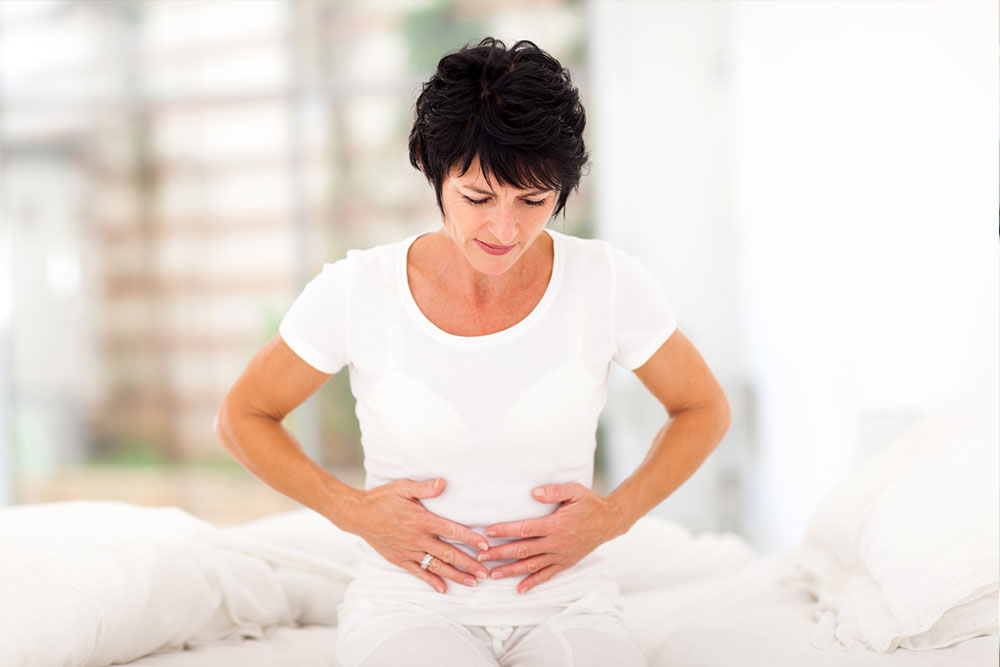Effective Home Strategies for Managing Colitis Naturally
Discover natural home methods to manage colitis effectively through dietary changes, lifestyle adjustments, and stress management. This guide emphasizes simple remedies that help alleviate symptoms and promote healing. Incorporate small meals, stay hydrated, exercise regularly, and reduce trigger foods for successful management. Proper diagnosis and lifestyle care can prevent complications and restore digestive health. Stick to these practical tips for relief and improved well-being without relying solely on medication. Maintain a stress-free routine to support your recovery journey and enjoy a healthier life.

Managing Colitis at Home with Simple Lifestyle Adjustments
Many individuals experience stomach discomfort or abdominal pain at some point in their lives. These aches can occur for various reasons, but one common cause is colitis, especially prevalent among those with poor dietary habits—particularly frequent consumption of greasy fast foods and lack of physical activity.
Colitis is an inflammatory condition affecting the colon, leading to significant discomfort and pain. There are different types of colitis, and while it may seem alarming, timely management and lifestyle changes can prevent serious complications.
Types of Colitis
Ulcerative colitis primarily affects individuals aged 15–30 and 60–80 years, with genetic factors playing a role. Pseudomembranous colitis often occurs after hospitalization, prolonged antibiotic use, or chemotherapy. Ischemic colitis generally affects those over 50 with cardiovascular issues or prior abdominal surgeries.
All forms of colitis can be troubling and require prompt attention to prevent complications.
But adopting simple home remedies and lifestyle modifications can help manage and even eliminate the condition at its source, restoring health and well-being.
Recognizing Colitis Symptoms
The first step to recovery is identifying symptoms, which include:
– Abdominal cramps: Sudden cramps in various parts of the abdomen.
– Persistent abdominal pain: Continuous or frequent pain requiring medical consultation.
– Abdominal bloating: Mild to severe swelling depending on colon inflammation.
– Unintentional weight loss: Losing weight without changes in diet or activity.
– Diarrhea: Frequent episodes, sometimes with blood.
– Irregular bowel movements: Bloody stools may indicate severity.
– Urgent bowel needs: Sudden, uncontrollable urges for bathroom visits.
– Fever and vomiting: Elevated temperature or vomiting may accompany colitis.
Diagnosis often involves colonoscopy, sigmoidoscopy, MRI, ultrasound, or X-ray procedures to confirm the condition.
Home treatment strategies for colitis involve dietary and lifestyle adjustments:
Limit certain foods: Reduce intake of dairy, high-fat foods, fibrous vegetables like broccoli and cabbage, and fried items to alleviate symptoms.
Stay hydrated: Drink plenty of water, fruit juices, and clear soups; avoid alcohol and caffeine.
Eat small, frequent meals: Consuming smaller portions multiple times a day minimizes stress on the colon.
Engage in regular exercise: Physical activity supports digestive health.
Manage stress: Stress-relief techniques are vital for symptom control.
Maintaining discipline with routines and adopting a stress-free lifestyle can significantly improve condition management. Home remedies hold vast potential for healing when combined with proper care and dietary habits.










